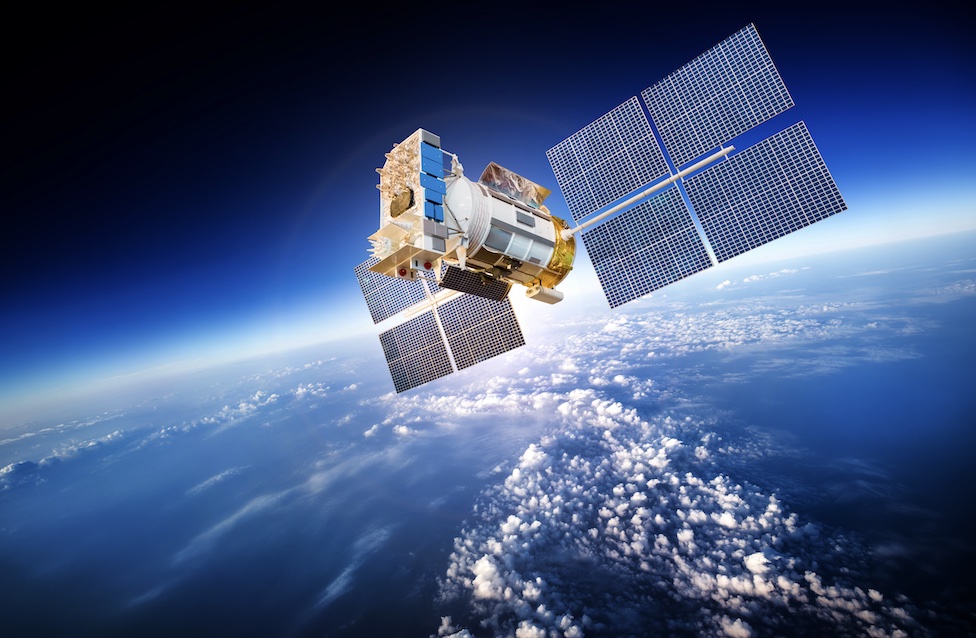|
While a boom in Special Purpose Acquisition Company (SPAC) listings has slowed down in some sectors, the revolutionary effect they’ve have had on the budding private space industry has not abated. As Space.com notes, seven space companies are in line to reap more than $3 billion in total later this year by via SPAC deals .
An addition to that total could come from a Virgin Galactic spin-off; Virgin Orbit. Back in March, MRP first noted Virgin Orbit had hired Credit Suisse Group AG and LionTree LLC and was shopping for a SPAC merger partner that could take it public with a value ranging from $2.5 billion to over $3 billion, according to sources cited by the Wall Street Journal.
Earlier this month, it was reported that Virgin Orbit is now in advanced discussions to go public through a merger with NextGen Acquisition II. The SPAC route is one that Virgin Group, which maintains an 80% ownership stake in Virgin Orbit, has traveled before, having used a blank-check company to take its space-tourism business Virgin Galactic Holdings Inc. public in October 2019.
As Observer writes, Virgin Orbit successfully reached orbit during its second test flight in January, reaching an altitude of about 35,000 feet (10,700 meters) using a modified Boeing 747 and a two-stage LauncherOne booster under one wing.
Since its own SPAC merger with Social Capital Hedosophia, valuing the company at $1.5 billion, Virgin Galactic’s share price has more than quintupled. Though the company has been racked by numerous delays for years, Virgin Galactic came one step closer to becoming a full-fledged spaceline last week when the US Federal Aviation Administration (FAA) updated Virgin Galactic’s space transportation operator license, allowing it to fly paying customers in addition to crewmembers.
Rocket Lab, one of the top startups working on 3D printed rockets, is in the midst of their own blockbuster SPAC deal. With that merger set to close soon, the company announced last week that it won a NASA contract that may send two of its Photon spacecraft on a mission to Mars in 2024. Public contracts like that has formed a solid base of revenue for burgeoning space firms and it could be set to be even more crucial in the future as NASA expects its budget for commercial low earth orbit operations to grow from $17 million in fiscal year 2021 to $101 million in 2022 and $184 million in 2023, according to Truist analyst Michael Ciarmoli.
As CNBC notes, Rocket Lab is working on a 2023 private mission to Venus as well, also utilizing a Photon spacecraft. Throughout 20 launches thus far, Rocket Lab has deployed over 100 satellites. While Rocket Lab’s small Photon spacecraft, their cheapest method of conducting an interplanetary mission, now forms the core of Rocket Lab’s space systems business, the company also specializes in their 55-foot-tall Electron rocket, lofting a maximum of about 300 kg to low-Earth orbit. arstechnica reports that the company’s planned Neutron booster will be capable of lifting 8 tons―a mass that is more than 25x greater. This new rocket could make its debut launch as early as 2024.
As MRP noted earlier this year, Rocket Lab (which will begin trading under the ticker RKLB) is in the midst of a merger with Vector Acquisition Corp. (VACQ) about a deal that would value the startup at around $4.1 billion, about 5.4 times 2025 expected revenue of $749 million. Per the Wall Street Journal, that includes additional funds of about $470 million in the form of a so-called private investment in public equity (PIPE) from investors including BlackRock Inc. and Neuberger Berman Group LLC.
Further down the line, SpaceX’s satellite internet service Starlink may also be in line for their own public offering.
According to CEO Elon Musk, Starlink has surpassed 69,420 users (a critical milestone for Musk’s increasingly meme-based goals), demonstrating strong growth for a service still in its beta stages. Musk further noted that the business could become a publicly traded company when its revenue is “reasonably predictable”. While that is probably some time away and unknown whether or not it could be a SPAC deal, it shows that even the long-privately held SpaceX is now shifting their opinion on tapping public markets.
With about 1,500 small satellites currently in orbit, Starlink is the most valuable piece of SpaceX, according to Morgan Stanley analyst Adam Jonas, who has estimated the value of different parts of SpaceX. Back when the company’s total valuation was closer to $50 billion, Jones said Starlink was worth $42 billion of that sum. Per Barron’s, that private market valuation had jumped to $74 billion by February of this year.
In the more immediate future, a SpaceX partner and supplier, Velo3D, is set to make their own public debut after inking a SPAC deal with Jaws Spitfire Acquisition Corp in March. Velo3D develops metal composite printing technology for applications in space travel and is the only new-entry Western metal PBF 3D printer manufacturer to seriously compete with industry leaders including GE Additive, 3D Systems, EOS and SLM Solutions.
Per 3DPrintingIndustry.com, the deal is expected to close sometime in the second half of 2021, at which point the combined entity is likely to be valued at $1.6 billion on the New York Stock Exchange under the ticker “VLD”. The transaction is also expected to provide around $500 million in cash proceeds for Velo3D to continue its growth.
Velo3D has been one to watch for several firms, including ARK Investment Management, which has been piling up shares of Jaws Spitfire (SPFR) in anticipation of the merger. According to Benzinga, ARK Invest has purchased them for the Ark Autonomous Technology & Robotics ETF (AKRQ) and the Ark Space Exploration & Innovation ETF (ARKX). |


Leave a Reply